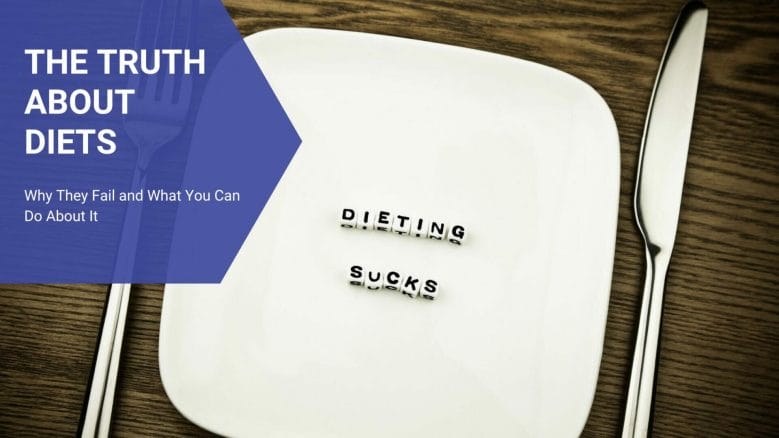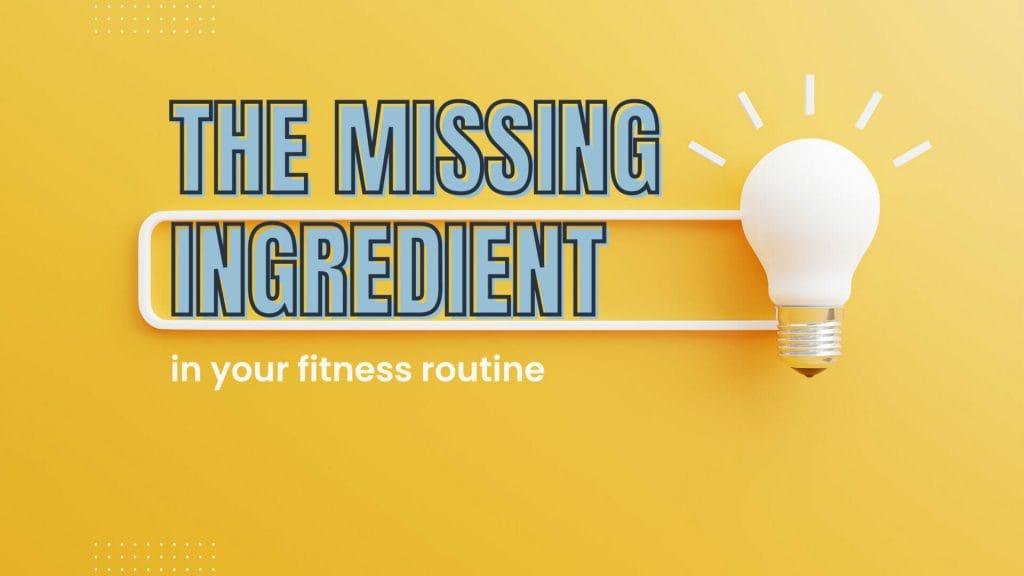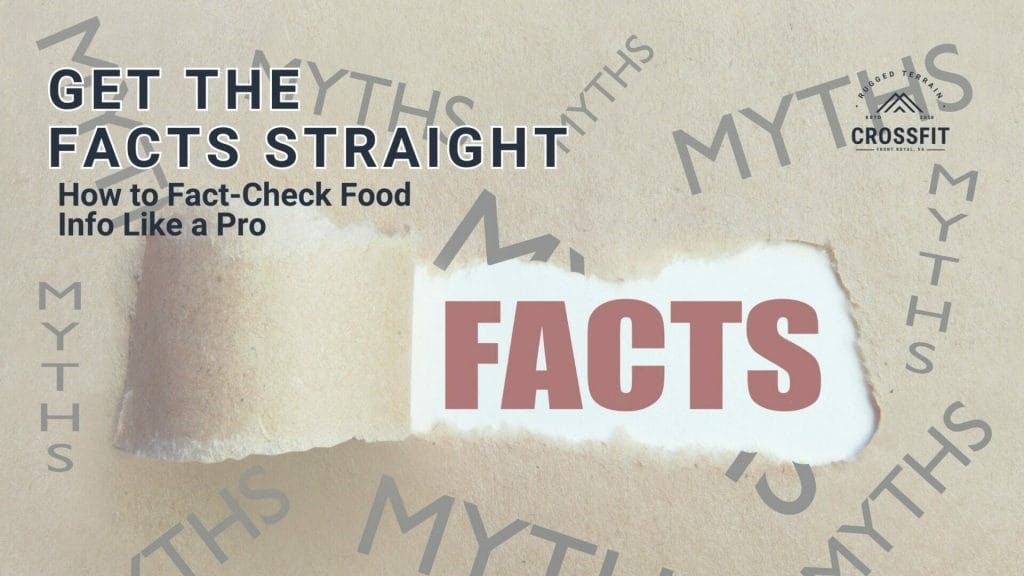
Have you ever found yourself ready to tackle a new diet and finally shed those extra pounds, only to find yourself back where you started a few months later?
If so, you are not alone.
The truth is, diets fail, and they fail for a variety of reasons.
The Problem with Diets: Short-Term Solutions for Long-Term Goals
One of the biggest misconceptions about dieting is that it is a short-term fix. We often think of a diet as something we do for a few weeks or months until we reach our desired weight, and then we can go back to our old habits. However, this is not the case. If you want to maintain a healthy weight, you need to make permanent lifestyle changes, not just temporary ones.
The word “diet” itself may also set us up for failure. It implies something restrictive and temporary, rather than a long-term commitment to a healthy lifestyle. Instead of thinking of it as a “diet,” try thinking of it as a lifestyle change or a commitment to healthier habits.
The Maintenance Myth: Why Weight Loss is Only the First Step
Weight loss is often the primary goal of dieting, but what many people fail to realize is that maintenance is just as important. If you want to keep the weight off, you need to consume fewer calories than you did when you started. This means that even after you reach your goal weight, you need to continue to monitor your caloric intake and make adjustments as needed.
Breaking Through Plateaus: Overcoming Obstacles on Your Weight Loss Journey
As you progress with weight loss, things get harder. You may experience plateaus when your caloric deficit becomes your maintenance calories. This is because a smaller body needs fewer calories, so you may need to either decrease your caloric intake or increase your exercise and movement to continue to see results.
One common mistake is to think of exercise as a reward for sticking to your diet. Instead, think of it as a way to close the gap between where you are now and where you want to be. Exercise can help you burn more calories and build muscle mass, which can increase your metabolic rate and make weight loss easier.
It’s also important to note that in the face of decreased intake, the body becomes more efficient. This means that as you consume fewer calories, your body will become more efficient at using the calories it does receive, making it harder to continue to see progress. This is why it’s important to make gradual, sustainable changes rather than drastic ones.
Sustainable Change: Making Lifestyle Changes for Long-Term Success
Diets fail because they are often seen as a temporary fix rather than a permanent lifestyle change.
Maintenance is just as important as weight loss, and as you progress, things will get harder. But with the right mindset and a commitment to making sustainable changes, you can achieve your goals and maintain a healthy weight in the long run.


